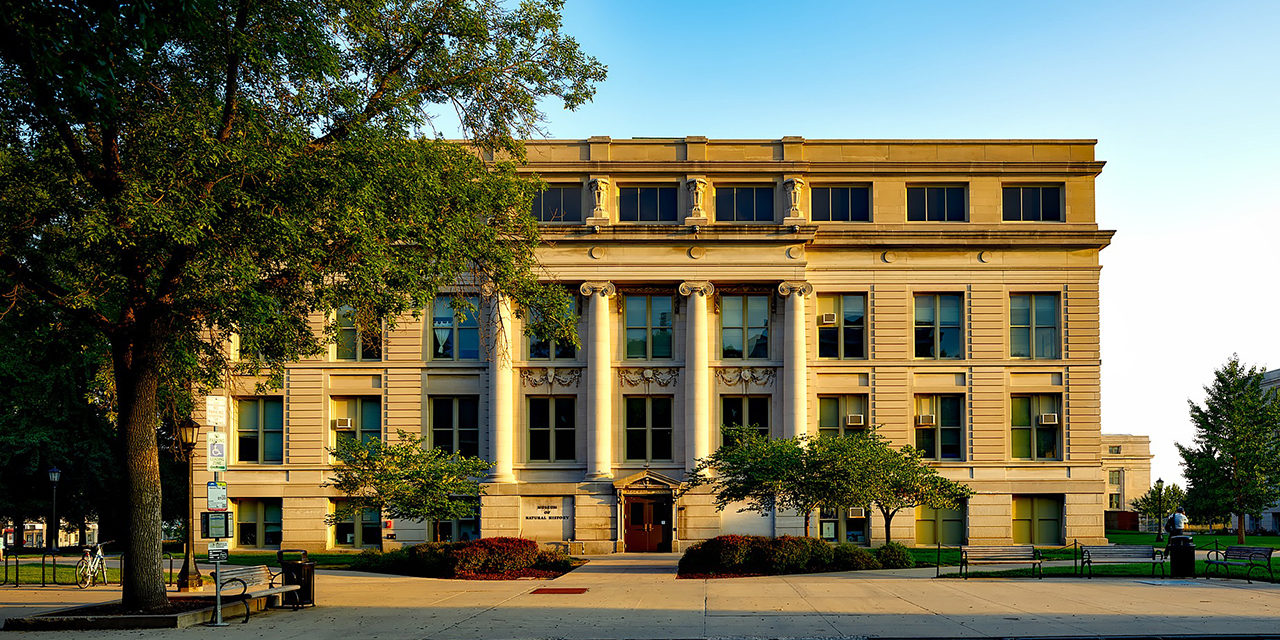The 8th U.S. Circuit Court of Appeals recently handed down an important decision in the battle over the religious freedom of student clubs on the nation’s public college campuses. It sends a message that government officials – i.e., college administrators – need to hear: you can’t treat religious clubs by different rules than you treat other clubs. That’s viewpoint discrimination, and if you engage in it – at least in the states covered by the 8th Circuit – not only will the educational institution be liable, but so will the individual officials involved in the discrimination.
The case involves InterVarsity Graduate Christian Fellowship (InterVarsity), which was deregistered by the University of Iowa as an official student club over its requirement that leaders subscribe to a Christian statement of faith. Loss of official status means losing student fees to help run the club, along with the loss of campus communication channels and meeting space. It severely hinders the ability of a club to attract members and get its message out to other students.
But you can’t fully understand how egregious the university’s actions against InterVarsity were unless you know about another case at the same school, involving another Christian student club, Business Leaders in Christ (BLinC).
In 2017, a gay-identified student filed a complaint with the university against BLinC for violating the campus non-discrimination policy by not allowing him to serve in leadership with the Christian club. The university sided with the student and deregistered BLinC.
BLinC brought a lawsuit against the university, and a federal district judge issued an injunction against the school, ruling that by selectively enforcing its nondiscrimination policies against a religious club, it had engaged in “viewpoint discrimination,” a violation of the First Amendment’s guarantee of free speech.
What was the university’s response?
Instead of ending its religious discrimination and allowing BLinC to choose its leaders based on adherence to a statement of faith, the university instigated a “review” of its student clubs, which in 2018 resulted in InterVarsity and several other religious clubs – including Muslim and Sikh clubs – being deregistered. Other student clubs were allowed to choose members and leaders based on adherence to certain values or characteristics, such as sex or veteran status, and even one based on religious adherence to a “gay-affirming statement of Christian faith.”
When InterVarsity sued the university, not only did a federal district court agree that the university made the exact wrong decision by deregistering the club, but that the school officials should have known better in the wake of the BLinC decision. The 8th Circuit, on appeal, agreed with the district court judge.
“The district court found that the [university defendants] likely violated BLinC’s constitutional rights and ordered the University to apply the Human Rights Policy equally to all RSOs (registered student organizations),” the 8th Circuit opinion reads. “But instead of doing that, the University started a compliance review that prioritized religious organizations. That review led to InterVarsity’s deregistration, along with other religious groups. The University’s fervor dissipated, however, once they finished with religious RSOs. Sororities and fraternities got exemptions from the Human Rights Policy. Other groups were permitted to base membership on sex, race, veteran status, and even some religious beliefs.”
The appeals court panel of three judges then highlighted the university’s hypocrisy by pointing out the one example where the university permitted a “religious” student club to require a particular “doctrinal” belief.
“Take LoveWorks, for example,” the court stated. “It was formed by the student who was denied a leadership role in BLinC. LoveWorks requires its members and leaders to sign a ‘gay-affirming statement of Christian faith.’ Despite that requirement—which violates the Human Rights Policy just as much as InterVarsity’s—the University did nothing.
“We are hard-pressed to find a clearer example of viewpoint discrimination. … The University’s choice to selectively apply the Human Rights Policy against InterVarsity suggests a preference for certain viewpoints—like those of LoveWorks—over InterVarsity’s.”
The university’s actions were so spectacularly wrong that the 8th Circuit even ruled that the school’s officials who made the decisions to deregister InterVarsity could be personally liable for any monetary damages suffered by the club. Typically, government officials are granted what is called “qualified immunity,” which insulates them from damage claims caused by actions they take in the ordinary course of their government duties. But that immunity ends where those officials engage in clearly established constitutional violations.
InterVarsity is represented by lawyers with the Becket Fund for Religious Liberty.
“Schools are supposed to be a place of free inquiry and open thought, but the school officials here punished opinions they didn’t like and promoted ones they did—all while using taxpayer dollars to do it,” Daniel Blomberg, senior counsel at Becket, said in a press release. “The good news is that they’ve been held accountable, and school officials nationwide are on notice. We are optimistic that in the future, colleges will pursue policies of accommodation, not discrimination, when it comes to religious exercise on campus.”
The case is InterVarsity Christian Fellowship v. University of Iowa.
Photo by David Mark from Pixabay






